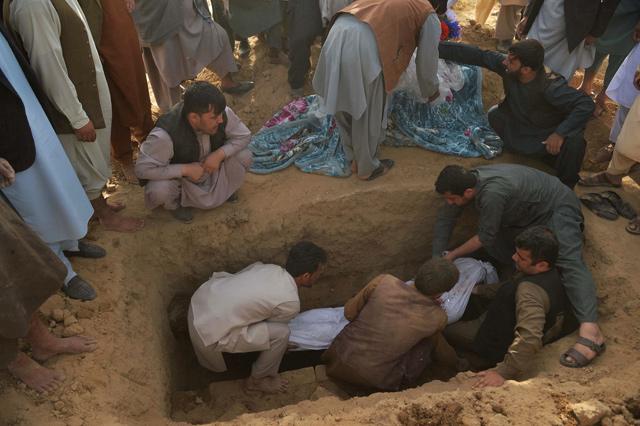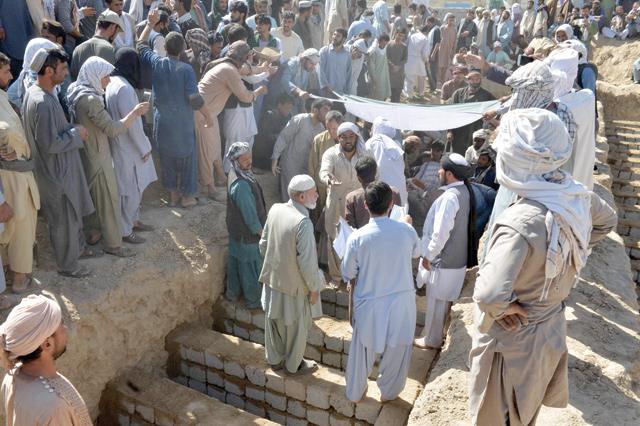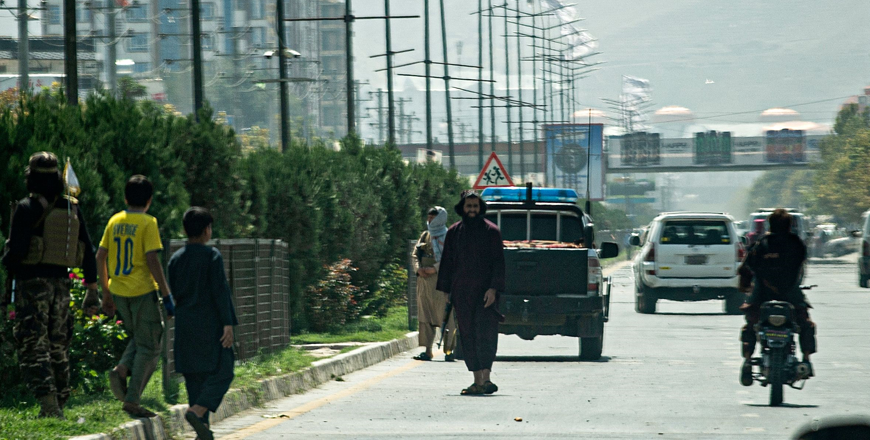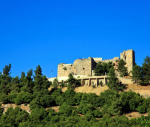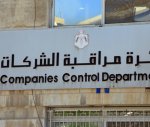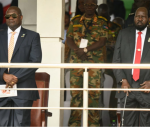You are here
At least 16 dead as Daesh-claimed blasts rock Afghan cities
By AFP - Apr 21,2022 - Last updated at Apr 21,2022

The general view of a Shiite Mosque is photographed after a bomb blast that reportedly killed 14 people in Mazar-e-Sharif on Thursday (AFP photo)
KABUL — At least 16 people were killed in two Afghan cities on Thursday by bomb blasts that were claimed by the Daesh..
Since Taliban fighters seized control of Afghanistan last year after ousting the US-backed government, the number of bombings has fallen but the terrorists and Sunni Daesh has continued with attacks — often against Shiite targets.
Earlier this week, at least six people were killed in twin blasts that hit a boys' school in a Shiite neighbourhood of Kabul.
On Thursday, 12 worshippers were killed in a blast at a Shiite mosque in the northern city of Mazar-i-Sharif, said Ahmad Zia Zindani, spokesman for the provincial public health department in Balkh.
He added that 58 people were wounded, including 32 in serious condition.
Grisly images posted to social media showed victims of the attack being carried to hospital from Seh Dokan Mosque.
“Blood and fear are everywhere,” Zindani told AFP, adding “people were screaming” while seeking news of their relatives at the hospital.
“Many residents were also coming to donate blood,” he said.
The blast occurred as worshippers were offering midday prayers during the Muslim holy month of Ramadan.
In a statement, Daesh said “the soldiers of the caliphate managed to get a booby-trapped bag” inside the mosque, detonating it from afar.
In a separate blast on Thursday in the city of Kunduz, at least four people were killed and 18 wounded. Police spokesman Obaidullah Abedi told AFP that a bicycle bomb exploded near a vehicle carrying mechanics working for the Taliban.
Late on Thursday, Daesh claimed that attack too but said its fighters set off an explosive device on a bus carrying Kunduz airport employees.
Taliban authorities vowed to punish those responsible for the bloodshed.
“The forces of the Islamic Emirate have good experience in eliminating the wicked elements, and soon the culprits of these crimes will be found and punished harshly,” government spokesman Zabihullah Mujahid said on Twitter.
Shiite Afghans, who are mostly from the Hazara community that makes up between 10 and 20 per cent of the country’s 38 million people, have long been the target of the Daesh, who consider them heretics.
“There is religious and ethnic hostility towards the Shiites and Hazaras in particular,” said prominent Shiite leader Mohammad Mohaqqiq.
“All extremist groups that are in Afghanistan, be it Daesh or even Taliban, have shown this hostility.”
No group has yet to claim the deadly attack on a boys’ school in Kabul on Tuesday, which also wounded more than 25.
“Systematic targeted attacks on crowded schools & mosques call for immediate investigation, accountability and end to such human rights violations,” tweeted Richard Bennett, the United Nations Special Rapporteur for Afghanistan on human rights.
Taliban officials insist their forces have defeated Daesh, but analysts say the extremist group is a key security challenge.
Since seizing power, the Taliban have regularly raided suspected Daesh hideouts in eastern Nangarhar province.
In May last year at least 85 people — mainly girl students — were killed and about 300 wounded when three bombs exploded near their school in the Shiite dominated Dasht-e-Barchi neighbourhood of Kabul.
No group claimed responsibility for that, but in October 2020 Daesh admitted a suicide attack on an educational centre in the same area that killed 24 people, including students.
In May 2020, the group was blamed for a bloody attack on a maternity ward of a hospital in the same neighbourhood that killed 25 people, including new mothers.
Related Articles
KUNDUZ, Afghanistan — Mourners from Afghanistan's minority Shiite community buried their dead on Saturday after a suicide attack on a mosque
KANDAHAR, Afghanistan — Afghanistan's Shiite minority buried their dead for the second Saturday in a row after another suicide bomb attack o
KABUL — A suicide bomber struck on Monday near the Russian embassy in the Afghan capital Kabul, killing two staff from the diplomatic missio



